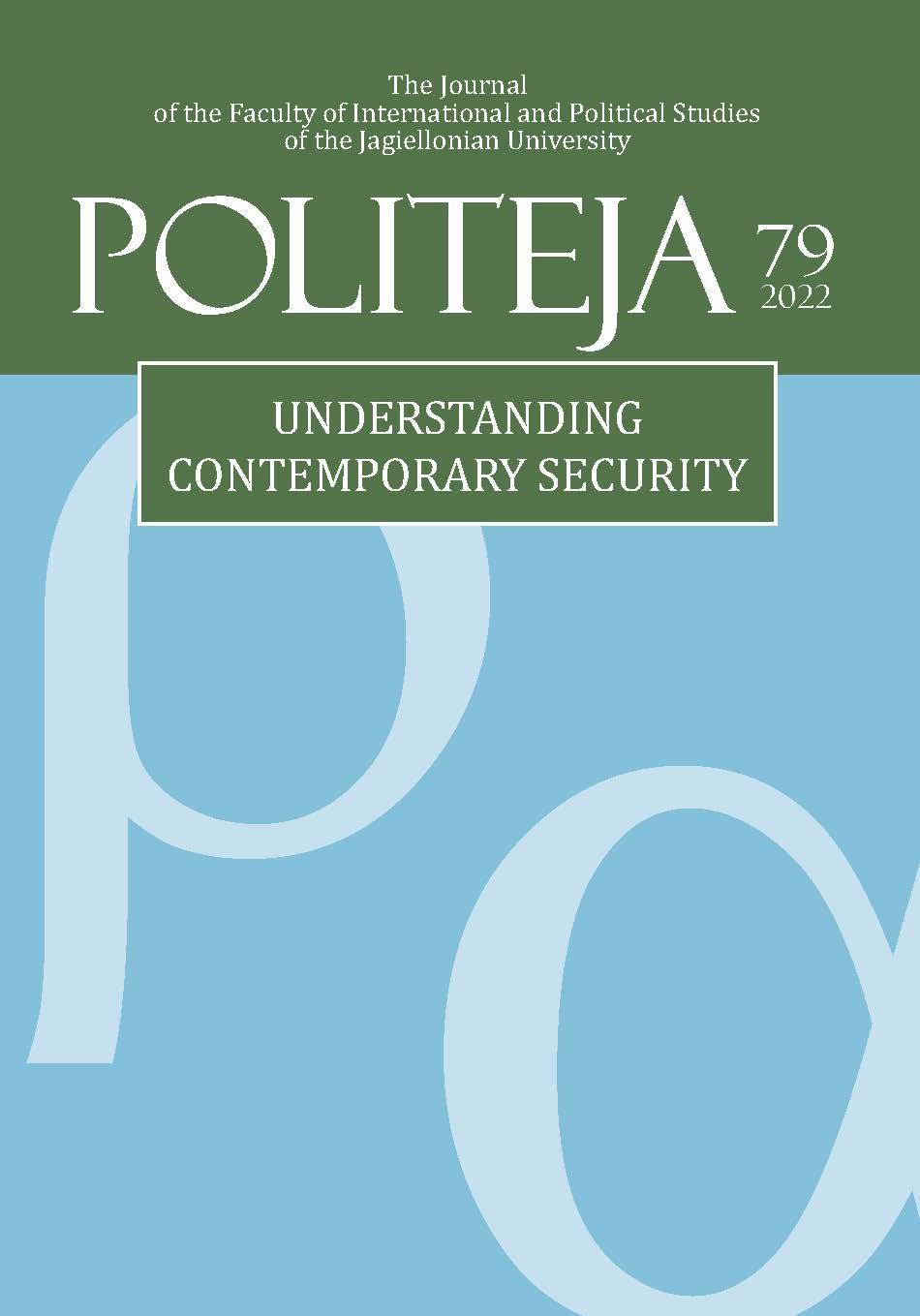Inwigilacja w parlamencie
Surveillance in Parliament
An Analysis of the Legislative Process of Projects Concerning Secret Surveillance in the Era of Technological Development
Author(s): Mateusz Kolaszyński, Dariusz StolickiSubject(s): Politics / Political Sciences, Politics, Government/Political systems, Electoral systems
Published by: KSIĘGARNIA AKADEMICKA Sp. z o.o.
Keywords: legislative process; secret surveillance; intelligence services
Summary/Abstract: Secret surveillance is one of the core activities of the intelligence services. Covert collection of information about individuals is often necessary for the effective performance of their tasks. On the other hand, the development of information technologies enables mass and virtually unlimited covert surveillance, thereby compromising democratic values such as privacy or transparency. Thus, balancing security and individual rights requires the creation of appropriate legal and political checks on surveillance. The responsibility for delineating the permissible boundaries of surveillance authorities rests primarily upon parliaments. However, Polish surveillance law tends to successively expand surveillance powers at the expense of the constitutional balance, as confirmed by multiple Constitutional Court rulings. One of the theories put forward to explain this fact is the regulatory capture theory, according to which legislators, through close cooperation with intelligence agency personnel, adopt the latter’s perspective and values, becoming co-opted to further their interests. This is exacerbated because the intelligence personnel has greater expertise on surveillance issues, and, as noted by J. Widacki, an exceptional capability to charm discussants, strong motives for exercising it, and substantial experience with significant successes in this area. This article seeks to ‘un-charm’ this area. Through a combination of quantitative and qualitative methods, and by reference to objective, measurable indicators, we seek to assess the extent of regulatory capture on the Polish legislative process in the area of secret surveillance, and thereby contribute to explaining the weakness of the legal and political checks on intelligence services in Poland.
Journal: Politeja - Pismo Wydziału Studiów Międzynarodowych i Politycznych Uniwersytetu Jagiellońskiego
- Issue Year: 19/2022
- Issue No: 79
- Page Range: 251-286
- Page Count: 36
- Language: Polish

